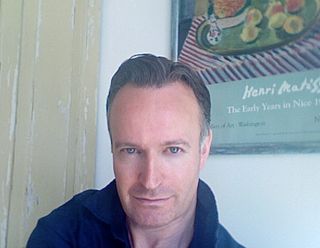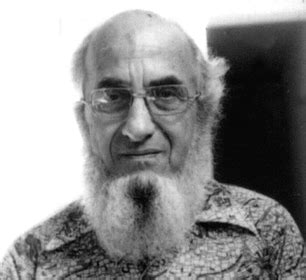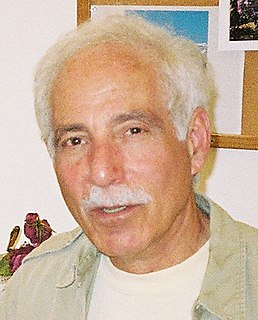A Quote by Andrew O'Hagan
Every literary culture has among its first bearings the 'blether' of animals who seek to make sense of human existence.
Related Quotes
Seek first the kingdom of wealth and you'll worry over every dollar. Seek first the kingdom of health and you'll sweat every blemish and bump. Seek first the kingdom of popularity, and you'll relive every conflict. Seek first the kingdom of safety, and you'll jump at every crack of the twig. But seek first His kingdom and you will find it. On that, we can depend and never worry.
Not only are animals unable to avail themselves of language to assert their own rights, but many fewer humans have a clear sense of kinship with animals than have a clear sense of kinship with other humans. Among beings with subjective states of awareness, animals are the untouchable caste, those whom human others would rather not acknowledge, let alone render assistance.
For Christians, the first priority may be theological self-understanding. For Jews it is, and after Auschwitz must be, simple safety for their children. In pursuit of this goal, Jews seek - are morally required to seek - independence of other people's charity. They therefore seek safety - are morally required to seek it - through the existence of a Jewish state. Except among the theologically or humanly perverse, Zionism - the commitment to the safety and genuine sovereignty of the State of Israel - is not negotiable.
We all exist in similar systems that mirror and reproduce the same American culture for the most part. What Oscar Wilde said about the lucky author who has a non-literary day job no longer holds, if it ever did. Artists seek validation as much as they seek money. The creation and invention of culture and canon is where most of the trouble lies.
That nothing is static or fixed, that all is fleeting and impermanent, is the first mark of existence. It is the ordinary state of affairs. Everything is in process. Everything - every tree, every blade of grass, all the animals, insects, human beings, buildings, the animate and the inanimate - is always changing, moment to moment.
It is a human circumstance that when we are born we have not yet come into existence. We are lured into our special human existence by a mothering presence that gratifies our innate urges to be suckled, held, rocked, caressed. But that same gratifying presence puts limits on desire and rations satisfaction. In this sense the mother is also the first lawgiver.
My own experience of over 60 years in biomedical research amply demonstrated that without the use of animals and of human beings, it would have been impossible to acquire the important knowledge needed to prevent much suffering and premature death not only among humans but also among [other] animals.
In this twenty-first century, there's no one like Sharona Muir who can write, in bright accurate language, animals real or imaginary in an updated bestiary that riffs on evolution, extinction, and what it means to be human among other species. We need this view, and you'll be right there with her on every page of Invisible Beasts.
One can delineate the domain of philosophy however one likes, but in its search for truth, philosophy is always concerned with human existence. Authentic philosophizing refuses to remain at the stage of knowledge […]. Care for human existence and its truth makes philosophy a 'practical science' in the deepest sense, and it also leads philosophy—and this is the crucial point—into the concrete distress of human existence.
When I heard the book (Thomas Friedman's latest) was actually coming out, I started to worry. Among other things, I knew I would be asked to write the review. The usual ratio of Friedman criticism is 2:1, i.e., two human words to make sense of each single word of Friedmanese. Friedman is such a genius of literary incompetence that even his most innocent passages invite feature-length essays.
The nation as the horizon of an identity that you want to come into being as a fundamental absence of something that is compromised, something that needs to be rescued or made - these matters preoccupy the third world writer. It is seductive for a Marxist understanding of literary practice and production in the sense that it says that material culture determines literary output.







































